IEEE PES Plain Talk About The Electric Power Industry
IEEE PES PLAIN TALK courses for the power industry professional will help you to understand technical aspects of the electric power industry, even if you do not have an engineering background. You will gain insights into the concerns of engineers, the demands of regulators and consumer groups, and the factors and trends that impact the operation of today’s electric power systems. These courses are also appropriate for new engineers to the industry, or for engineers in other fields who are transitioning to the electric power industry. These courses aim to increase your understanding of the electric power system by providing you with practical knowledge that you can use as you work in or with this important industry. Click here to register and add on IEEE PES Plain Talk courses!
The course fee includes all course materials (Access to the Live event, electronic booklet and CEUs). T&D Conference registration not required. Plain Talk Early Bird and Host discounts available, please contact LaToya Gourdine at l.gourdine@ieee.org for details. Courses scheduled to run 8:00 AM- 5:00 PM ET. Pricing:
- One-Course Enrollment: Early Bird $715 USD, Regular $795 USD
- Two-Course Enrollment: Early Bird $1,360 USD, Regular $1,510 USD
- Three-Course Enrollment: Early Bird $1,935 USD, Regular $2,150 USD
Courses:
- Power System Basics – Understanding How the Bulk Electric Power System Works
- Distribution System – Delivering Power to the Customer
- Transmission System – The Interconnected Bulk Electric System
Power System Basics – Understanding How the Bulk Electric Power System Works
DATE: MONDAY 6 May 2024, 8:00 AM – 5:00 PM
Instructor: Brent Olsen, Three Phase Consulting
Description:
The focus of this course is to provide a fundamental foundation in electric power systems, from basic formulas to the planning, operations, and equipment involved in generating, transmitting, and distributing electric power. Basic electrical terminology will be explained in simple to understand language with regard to design, construction, operation and maintenance of power plants, substations and transmission and distribution lines. Topics covered in the course include an introduction to the fundamentals and basic formulas of electricity as well as the equipment involved in the electric power system. An overview of generation, substations, transmission, distribution, and utilization is provided. Protection, reliable operation, and safety are among the topics covered.
Distribution System – Delivering Power to the Customer
DATE: Tuesday 7 May 2024, 8:00 AM – 5:00 PM
Instructor: Douglas Houseman, 1898 & Co
Description:
(Prerequisite for this course is Power System Basics or a familiarity with basic formulas and power system equipment.)
The focus of this course is to provide attendees with an overview of the issues associated with the planning, engineering, design, operation, and automation of electrical distribution systems. Types of distribution systems and network circuits, as well as engineering issues related to distribution systems will be explored. New concepts in the design, challenges, and operation of smart grid will be addressed. This course is intended for those who are not familiar with the delivery of electricity to the end user. Topics covered in the course include an introduction to the types of distribution systems, issues associated with distribution planning such as outages and reliability, distribution engineering considerations relating to radial and secondary networks, and distribution automation. The course also provides an overview of electrical distribution operations, including the roles of utility personnel, construction and maintenance considerations, and trends in the industry. Smart grid and its impact on the distribution system will be explored.
Transmission System – The Interconnected Bulk Electric System
DATE: Wednesday 8 May 2024, 8:00 AM – 5:00 PM
Instructor: Steve Blume, Applied Professional Training
Description:
(Prerequisite for this course is Power System Basics or a familiarity with basic formulas and power system equipment.)
The focus of this course is to provide participants with knowledge of how electric power is transferred from generation sources to distribution systems via the interconnected electric bulk power system known as “the grid.” Basic physical laws governing the grid will be introduced, as well as the regulatory agencies involved in its governance. The great blackouts will be explored. This course is intended to increase participant’s understanding of the electric grid and how it functions in the electric power system. Topics covered in the course include an introduction to the fundamental concepts of power, energy, and power system stability as they relate to the grid. The grid is explored in terms of its interconnections, power flow, North American interconnections, and governing bodies such as NERC/ERO, ISOs, and RTOs. Reliability standards and contingency analysis are addressed. Issues related to the planning and operation of the grid, such as transmission and economic constraints, determining transmission transfer capability, and dealing with congestion are reviewed. The course also discusses the great blackouts, their root causes, and lessons learned.







